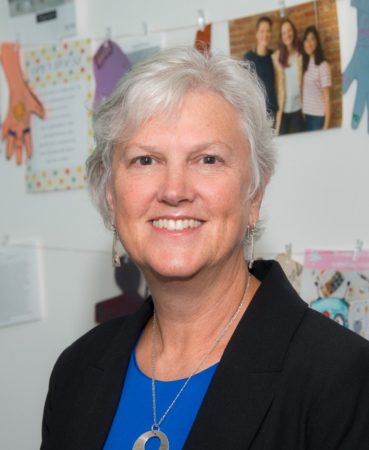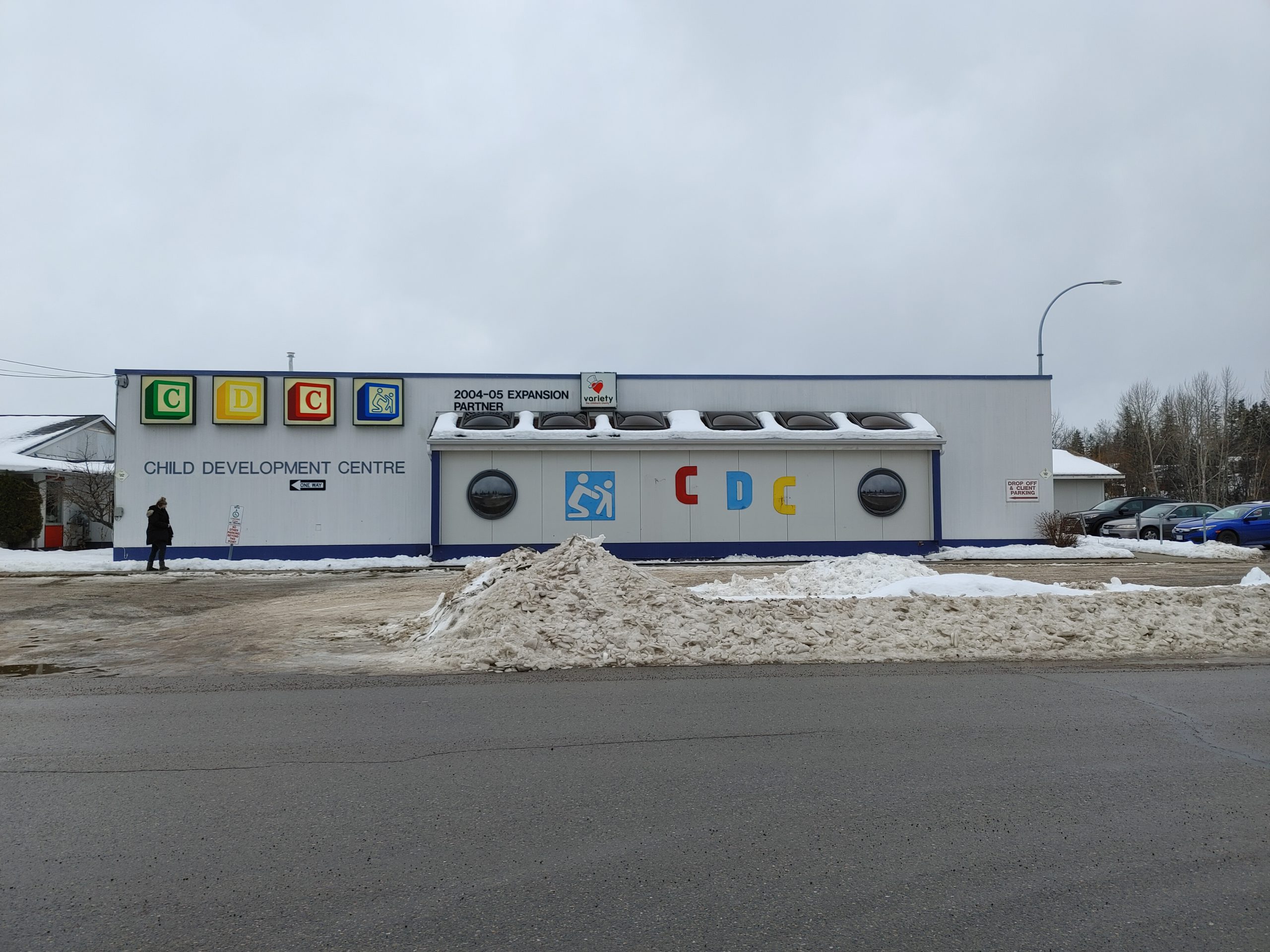
BC’s representative for Children and Youth believes the needs of families of children with special needs continue to go unanswered, especially during the pandemic.
In her report, Left Out: Children and Youth with special needs in the pandemic, Jennifer Charlesworth noted the sudden closure of services and suspension of in-class learning during the first few months of COVID-19 left families to cope with the sudden loss of critical services for children who have complex medical, physical, behavioral, and cognitive needs.
“The other part of our finding was that this is on the backdrop of the children and youth with special needs services being woefully inadequate even before the pandemic, so COVID has illuminated the long-standing challenges and made them a lot worse.”
Charlesworth’s report urges seven immediate actions to support families that have children and you with special needs:
- more and better communication between the Ministry of Children and Family Development and CYSN families, community providers, family networks, and advocates
- a one-year extension to fall 2021 of all pandemic-related benefits and processes for CYSN families
- creation of a special working table bringing together families, community organizations, advocates, and funding ministries for regular check-ins and problem-solving
- funding support for community organizations to help families find alternative services
- a review of virtual service provisions in the first months of the pandemic to inform an improved approach as the pandemic continues
- streamlined processes for emergency benefits and approvals that minimize the paperwork and administrative burden for families and continue to function in the disruption of a pandemic
- exploration of the concept of support “bubbles” for in-home services to reduce the risk of exposure to COVID-19 for both family members and service providers
While access to services is more plentiful in places like Metro Vancouver, the same cannot be said for Northern BC with Prince George being the main hub followed by a number of smaller communities a fair distance apart.
“Gaining access to service providers or pediatricians that have the expertise to guide them as parents. Even finding programs whether they supported child development or infant development or child development centers so they don’t have to travel to every community.”
“But the challenge becomes even greater when you are talking about the northern and smaller communities anywhere in the province and the kinds of challenges they face include gaining access to assessment or diagnoses,” added Charlesworth.
Darrell Roze is the Executive Director of the Child Development Centre in Prince George.
During an interview with MyPGNow.com, while cities like PG are better equipped at handling mental health, the same cannot always be said for the more rural areas of the region.
“Some things like early mental health are fairly well set up for that in Prince George but in some areas, it is very difficult to get mental health assessments for children, definitely there are some challenges.”
Oftentimes, the child development centers in the north, including PG often face an uphill climb in attracting specialized professionals, which can lead to job vacancies taking much longer to fill.
“When trying to recruit a speech-language pathologist, it can be very difficult. Sometimes we get lucky, sometimes we don’t and I’ve seen some child development centres have openings up for a couple of years before they can recruit folks into specialized fields,” said Roze.
The local CDC has a staff of around 45 people and when the pandemic was declared in March Roze stated they were left scrambling due to a sudden shift in how services needed to be carried out.
“When the pandemic hit, we had, at least initially, started providing everything virtually and we had almost done no virtual service before that. We had a number of families that couldn’t get what they were used to getting and we couldn’t see as many children either,” said Roze.
In a perfect world, Roze would like to see the government offer increased dollars and support programs to help ease what has become a burden.
“We have never faced as much demand as we have in the past and so every year it is increasing but we haven’t been receiving increases in resources to cover that. What we have been doing has been to provide as much support as we can to as many kids as we can but that provides less support to each child coming in because we have more children that need support than we used to.”
“Historically they have been a bit of an afterthought”
Those are the words of Adrienne Montani of First Call: BC Child and Youth Advocacy Coalition who told MyPGNow.com stated this has been one of the major issues for decades, leaving a lot of families to suffer in silence.
Montani noted some parents are having to provide around-the-clock care, which often means digging deeper into the pocketbook.
“There are lots of costs for parents and sometimes it is physical support or different kinds of medical equipment that they need and they have to go out and fundraise from charities or get donations to get standing frames or certain kinds of wheelchairs.”
“Waiting for assessments, for treatments even but certainly I heard a statistic that the wait time to get assessed even in some facilities in the Lower Mainland for some special needs children is 85 weeks, now that is partly due to COVID because it has gotten worse.”
Montani added another hurdle is access to specific services have become non-existent during the period of the pandemic.
“Respite care has always been underfunded, $223 a month I believe. Families can qualify for it if they are in the At Home program where they are caring for their own children and it is stressing parents out to the point where it affects their ability to work.”
“The issue of burnout raising children with complex needs to be understood as a social issue, a human right issue for these children and families so that the offer isn’t if you can’t manage, we will take your child into government care, it should be what can we do to help you keep your child at home so they can continue to do the extraordinary work they are already doing.”
Something going on in the Prince George area you think people should know about?
Send us a news tip by emailing [email protected].






